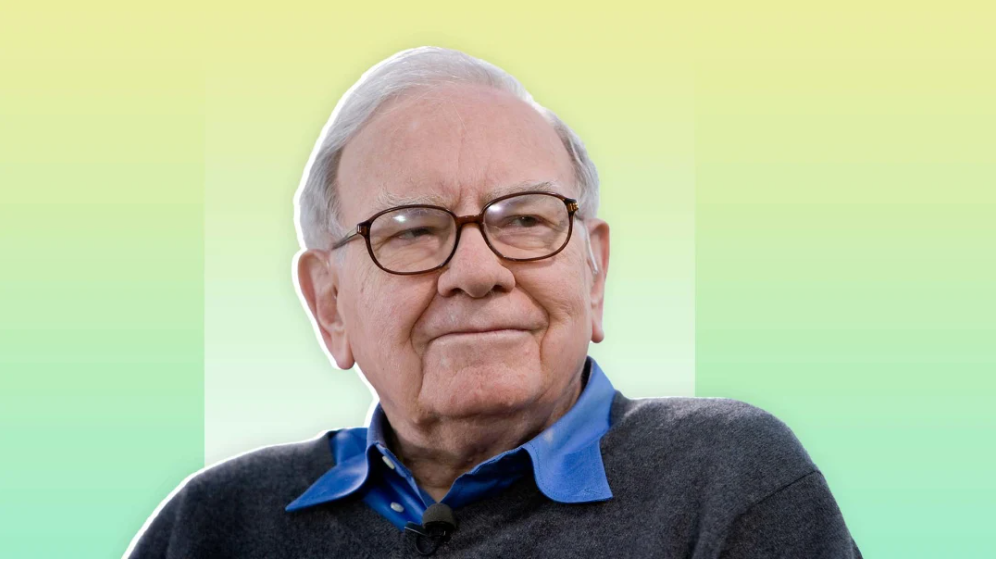The true worth of a business lies in its ability to generate cash.
If you’ve come across an investor pitch deck or an investment memorandum designed to promote a company’s sale, you’ll likely notice a key term: EBITDA, prominently highlighted.
If you’re unfamiliar with EBITDA, it’s an acronym short for earnings before interest, taxes, depreciation, and amortization.
EBITDA is the basis most organizations use to show how profitable they are (or aren’t). The idea is to show how much money the company makes before you consider things like the interest expense they might be paying on debt they hold, taxes owed to the government, or before they deduct depreciation expenses on their capital equipment.
When negotiating a sale price for the organization, it’s typically framed as a multiple of EBITDA, as in, your business will be sold for two times EBITDA.
Interestingly, as commonly as EBITDA is used for this, it has one big detractor. Warren Buffett (Make that two, if you count his business partner, Charlie Munger.)
Buffett hates EBITDA. Here’s why.
Inside the black box
My professor Izzy Stemp, who taught a class on mergers and acquisitions, developed a great analogy to help explain the confusion over EBITDA. His thought experiment was this: Let’s say I give you a black box and, at the end of the year, you open it, and there is nothing in it. How much is that box worth?
It’s a nice box, so it’s probably worth $20.
Now, how much is that same box worth if, at the end of the year, you find $1 million inside it, and can assume you’ll find the same amount every year after that? A lot more, right? You might be willing to pay $3 or $5 million for that box.
If you replace the black boxes in this example with real businesses, you can see why Warren Buffett hates EBITDA. The real value of a business depends on how much cash you receive each year.
Beyond bookkeeping
If you have a very capital-intensive business–like a machine shop or a company with lots of inventory or buildings–you will have a significant depreciation expense to account for at the end of the year. That means that as the value of your machinery, inventory, and buildings erodes over time, you must adjust your earnings to account for it. Companies make this adjustment before paying taxes.
Now, someone might say that’s just a bookkeeping trick. And it’s true–except when you have a capital-intensive business, your capital investments will approximately equal your depreciation costs.
Think of it this way: if you aren’t making investments over time to upgrade or replace your machinery, inventory, and buildings, then you are letting your business decay. If you want to keep your business healthy and growing, you need to continually invest in your assets, roughly at the depreciation rate.
The point is that even as your business benefits tax-wise from depreciating the value of your assets, you’re probably spending that same amount in cash on capital expenses.
Put another way. You might look profitable on your EBITDA–the money your business earns before paying interest, taxes, depreciation, and amortization. The problem, as Warren Buffett points out, is that you could be EBITDA positive and cashflow negative. And when a business runs out of cash, the music stops.
The importance of free cash flow
I’ve seen firsthand how focusing on EBITDA rather than free cash flow–the amount of cash your business generates–can fool you. A client I worked with had a very capital-intensive business. He had been trained in the importance of EBITDA, so that’s how he ran the business. Every year, he thought he was profitable and growing the value of the business. The problem was that he had significant cash outflows to pay for his capital investments and interest expenses. That meant his business was always short on cash and forced to take on more debt or sell equity to stay in business. The cash needs were higher when he grew.
This company was a $100 million business generating $10 million in EBITDA. But it also required $15 million in investments and interest payments every year–which meant it was constantly bleeding cash–losing $5 million yearly.
Eventually, he was forced to close the business because he couldn’t generate enough cash.
That’s why when Warren Buffett looks at companies, he gauges their value on their free cash flow, not their EBITDA. He wants to know whether there will be any cash in the black box at the end of the year.
The real measure of the health of your business
The truth is you’ll rarely see free cash flow highlighted on an investor prospectus. That’s where EBITDA still reigns supreme. So, if you want to sell your business, ensure a healthy EBITDA to land the biggest multiple possible. Your investment banker will frame the valuation of comparable companies and discuss your valuation similarly.
If you are looking to sell, sure, talk about EBITDA. But if you are buying, take a lesson from Warren Buffett and don’t overlook the proper measurement of the health of a business: free cash flow.

